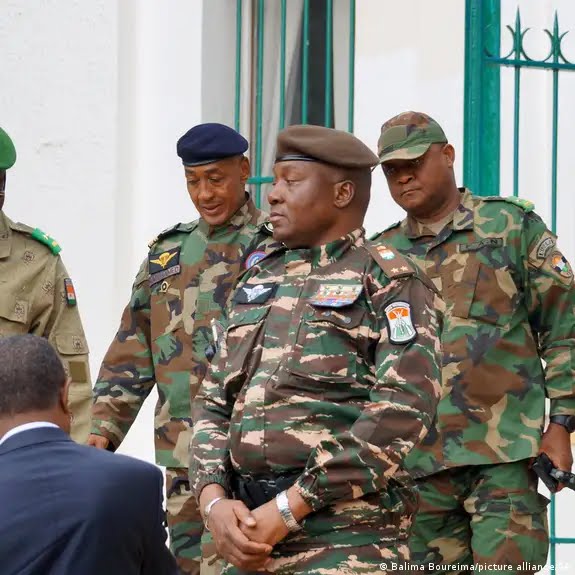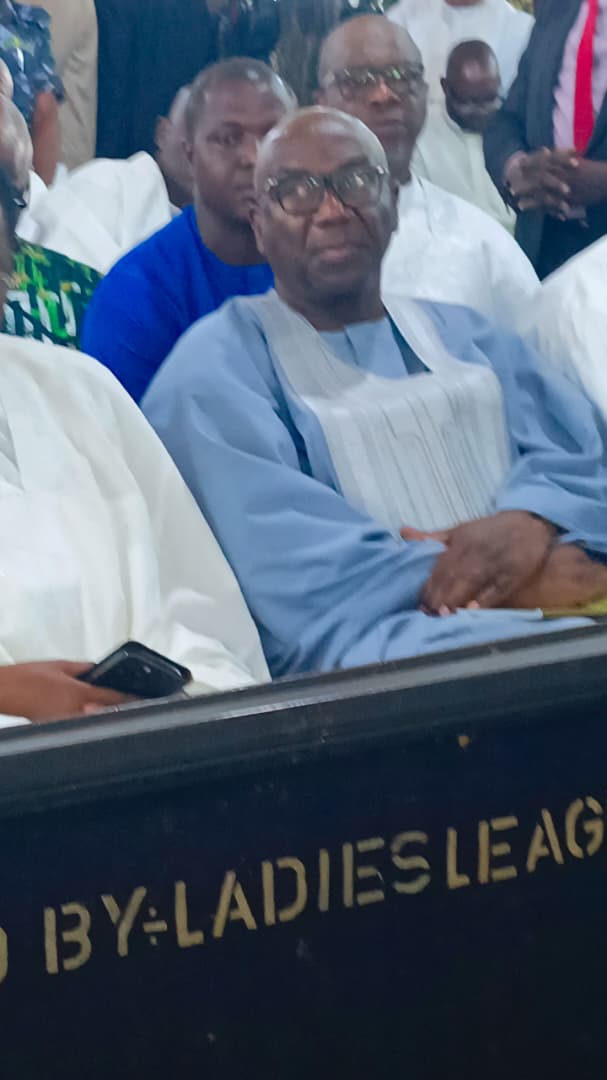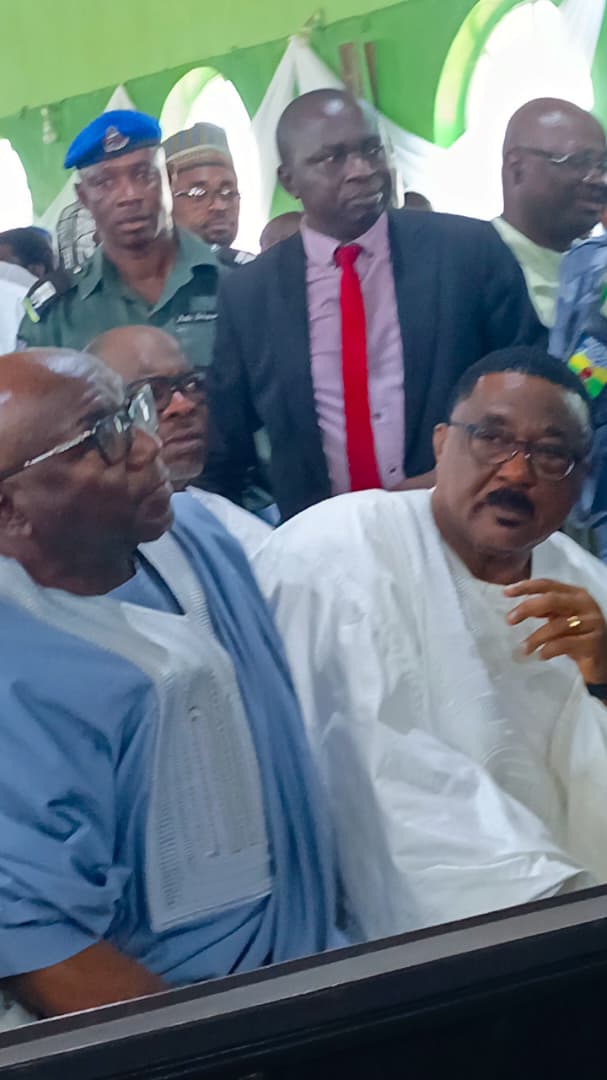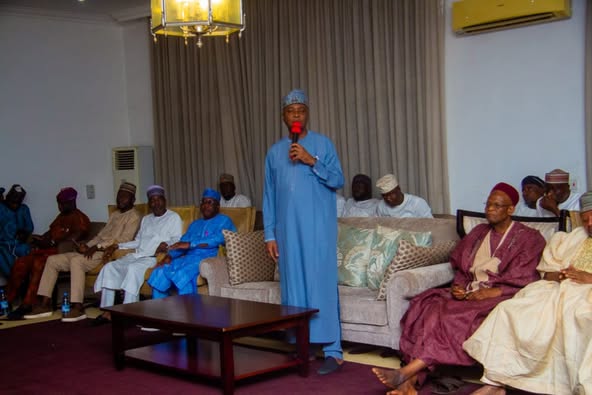Niger Coup – Junta warns ECOWAS leaders meeting in Abuja against sending military troops into Niger

In the wake of the military coup in Niger, tensions have escalated as West African leaders convene in Abuja for an emergency summit to address the situation. The military junta in Niger has issued a stern warning against any potential military intervention by the Economic Community of West African States (ECOWAS) and other foreign powers, as they seek to solidify their hold on the country.
The crisis has prompted severe reactions from regional and international actors. ECOWAS, a 15-nation bloc, is considering a range of punitive measures against Niger. These measures could include suspending the country from ECOWAS institutions, cutting off access to the regional central bank and financial market, and closing borders. Notably, both France and the European Union have already suspended financial aid and security cooperation with Niger, while the United States has expressed its intention to follow suit.
General Abdourahamane Tchiani, the leader of the powerful presidential guard, has declared himself the de facto leader of Niger following the detention of the country’s elected president, Mohamed Bazoum, by the military for four days.
President of Nigeria and ECOWAS chairman, Bola Tinubu, has spoken out strongly against the coup, reaffirming the commitment of ECOWAS and the international community to defend democracy and uphold democratic governance in the region.
In response to the threat of military intervention, the Nigerien junta has taken a defiant stance, asserting its readiness to defend the country against any external aggression. Junta spokesperson Colonel Amadou Abdramane accused ECOWAS of planning an imminent military intervention in Niamey, the capital of Niger, with the support of certain non-ECOWAS African countries and western nations.
In an attempt to garner public support, the junta has called on citizens in Niamey to take to the streets and demonstrate against ECOWAS on the day of the summit. This move reflects the junta’s efforts to portray its actions as legitimate and garner popular backing.
Niger’s precarious economic situation adds another layer of complexity to the crisis. As one of the world’s poorest countries, Niger heavily relies on foreign aid for its development projects. The potential suspension of financial assistance could exacerbate the country’s already dire conditions and impact its citizens’ well-being.
The international community closely watches developments in Niger, concerned about the implications of a military coup for regional stability and democratic governance in West Africa. The outcome of the ECOWAS emergency summit in Abuja will be pivotal in shaping the future course of action and determining the fate of Niger in the coming days and weeks.





